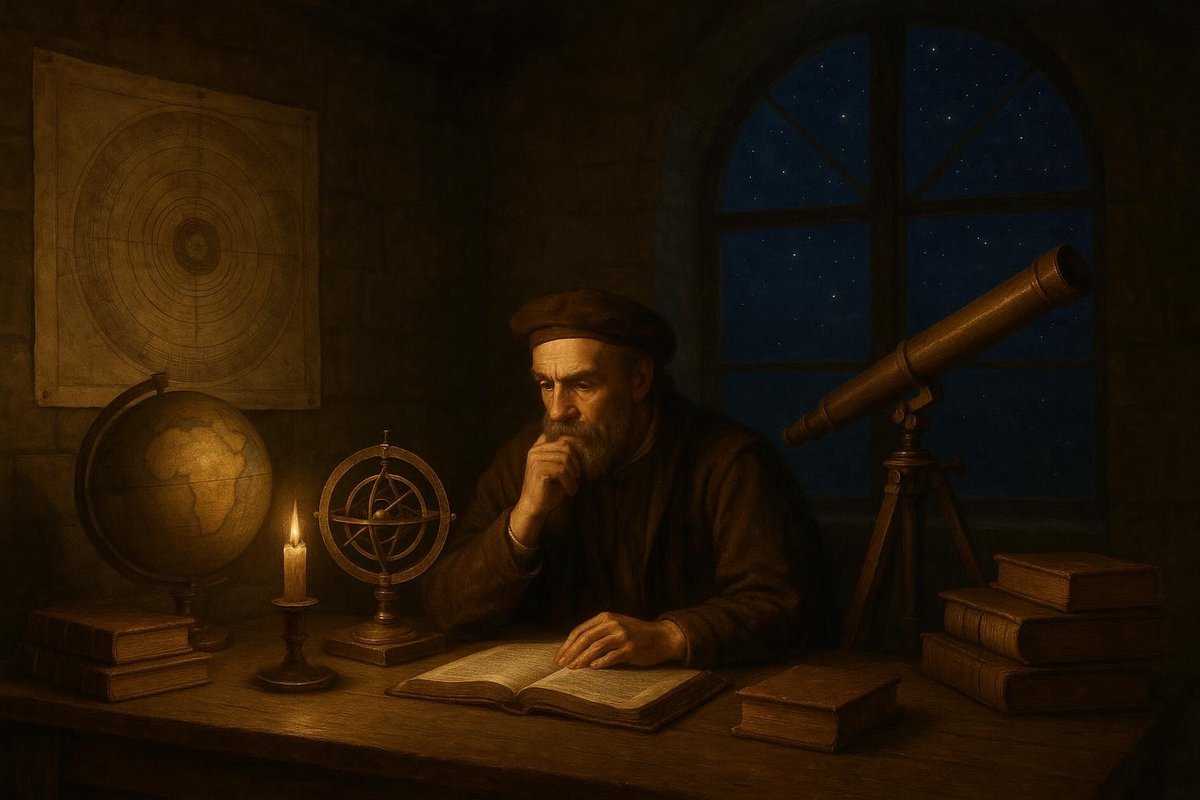
In the grand tapestry of the cosmos, space is the silent thread that binds the universe, weaving together the worlds of science and philosophy. Once considered an empty void, space has transformed into a labyrinth of inquiries that challenge our essence and existence. Interestingly, our journey through space is not just a physical expedition but a philosophical awakening that continues to reshape what it means to be human.
Early Influences
In ancient times, space was a mere backdrop, an expansive dome above. The celestial bodies were seen as gods or divine messengers, their movements influencing earthly events. Primitive yet profound, these early interpretations wove cosmology into the fabric of human culture, igniting curiosity and wonder.
- Ancient civilizations viewed space as divine.
- Celestial bodies were considered gods or messengers.
- Cosmology was intertwined with culture and religion.
As time went on, philosophers like Aristotle and Ptolemy began to paint a more structured picture of the cosmos. However, their geocentric models depicted Earth at the universe’s center, a comforting but ultimately flawed belief. The social and cultural contexts of the time, with religious authorities’ influence, shaped these ideas, embedding them deeply in society’s consciousness.
Mental Models
The paradigm shifted with Copernicus, Galileo, and Kepler, who challenged the status quo with a heliocentric model, placing the Sun at the center. This was not just a scientific revolution but a philosophical one. It nudged humanity to see itself not as the universe’s pivot but as a small participant in a vast, indifferent cosmos.
- Copernican heliocentric theory revolutionized cosmology.
- Galileo’s observations supported this new model.
- Kepler refined planetary motions, deepening our cosmic understanding.
These thinkers’ intellectual styles were marked by relentless questioning and a bold departure from traditional thought. They employed mathematical precision and telescopic observations, blending empirical evidence with theoretical insights. Their work laid the foundation for a more scientific method, promoting inquiry over dogma.
Challenges & Resilience
Challenging entrenched beliefs was a perilous endeavor. Galileo, for instance, faced the Inquisition and was forced to recant his findings. Yet, his resilience inspired future generations of thinkers. The struggle against dogmatic resistance highlighted the courage required to pursue truth.
- Galileo faced persecution for his views.
- Intellectual bravery in the face of adversity.
- Persistence despite societal and religious pushback.
Interestingly, these challenges were not just scientific but philosophical. They questioned human significance and the nature of truth itself. The resilience of these pioneers demonstrated that progress often demands enduring hardship and challenging the very foundations of accepted truth.
Legacy
Today, the legacy of these early astronomers and philosophers is profound. Space exploration continues to push boundaries, and with it, our philosophical inquiries deepen. The notion of space expands beyond physical dimensions to encompass existential questions about our place in the universe.
- Space exploration continues to shape philosophical thought.
- Our understanding of existence evolves with scientific discoveries.
- Philosophical inquiries grow alongside scientific advancements.
Their intellectual courage and curiosity invite us to engage with the mysteries of space. In doing so, we grapple with the bigger questions of existence, purpose, and our interconnectedness with the cosmos. This legacy encourages us to remain curious, to question, and to seek meaning beyond the visible stars.
Fuel Someone Else’s Curiosity
As we continue to explore the vast expanse of space, let us share these stories and reflections. Encourage others to ponder the philosophical questions that arise from our scientific pursuits. After all, it is through such shared curiosity that the flame of knowledge burns brighter, guiding us through the darkness of the unknown.
Join the conversation, ask questions, and ignite someone’s curiosity. Share this article, and let’s journey together through the infinite wonders of space and thought.

Leave a Reply